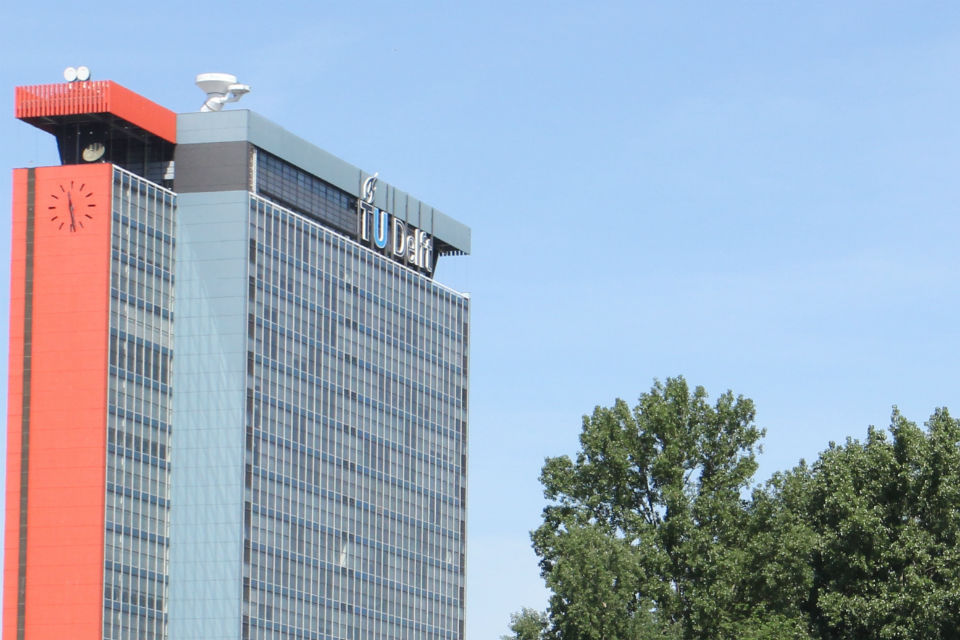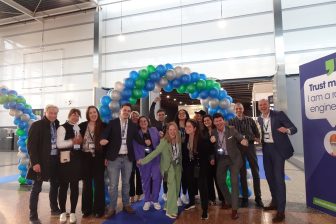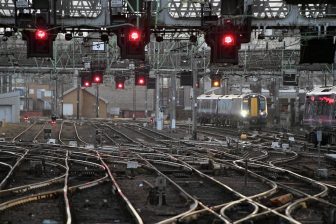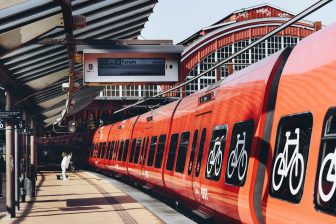
Free online course on the complexity and connectivity of world’s railway network
Delft University of Technology in the Netherlands offers a free online course on Railway Systems Engineering. From all over the world, people interested in the industry can enroll for free to learn about the complexity and connectivity behind a daily train ride.
The Massive Online Open Course (MOOC) will be given over a period of six weeks with four to five hours a week of study material, and as such, is especially developed for people with a full-time job or study. The first session takes place on the 11th of October 2017.
Demand for knowledge
“We experience an increasing demand from within the sector to know more about train disruptions, problem solving and strategic decision making. We also get more and more questions from (interested) train travelers about weather conditions, vehicle behavior and future developments. Our research team works continuously on these kinds of challenging issues”, said Joris van Dijk from the department of Railway Engineering at TU Delft.
“With this MOOC we tend to give a large international audience the opportunity to get familiar with the technology behind railway designs, people flow, operations, delays and maintenance. And most importantly; how all these aspects are related to each other.
Course schedule
Each week, one main topic will be discussed according to the following schedule:
Week 1: Track systems, vehicle types and track/train interaction;
Week 2: User experience, railway stations, people flow and impact on environment;
Week 3: Timetabling, real time traffic management and track capacity;
Week 4: Disturbances and the technology and complexity behind them;
Week 5: Monitoring and maintenance techniques and decision making;
Week 6: Current developments, future designs and special systems.
“Throughout the course we compare the Dutch situation to rail networks in other countries. We analyse differences and similarities and within our interactive World Map, users can share and compare information and imagery themselves. At this point, people have already registered from over 120 different countries. Since rail networks can be found anywhere in the world, this is a great way to see how challenges are approached across the globe and what we can learn from these insights and perspectives”, van Dijk said.
“For this course we also have developed a serious game which will be built up over the different weeks. Users will be guided through the process of decision making while building a rail network, operating it and keeping it maintained. Cities have to be connected in an ever-changing setting, dealing with wear, capacity, developments and disturbances. The performance of the railway system over time is based on choices and priorities made/set by the user within an increasingly complex situation.”
Follow-up courses
In order to explain complex issues in a visual and understandable way, interactive images, animations and mini-lectures (knowledge clips) will be used. “This MOOC is a great way to get familiar with online course material and is an introduction to three follow-up courses on ‘Track and Train’, ‘Railway Operations’ and ‘Monitoring and Maintenance’. These specialisations will go much more into depth on the specific topics and are especially designed for the industry, focusing on Railway Systems Engineering”, explained van Dijk.
The Rail MOOC starts on the 11th of October 2017 and can be followed for free anywhere in the world through the international online learning platform edX. Registration can be done here.
Watch a short introduction video about the course here:




